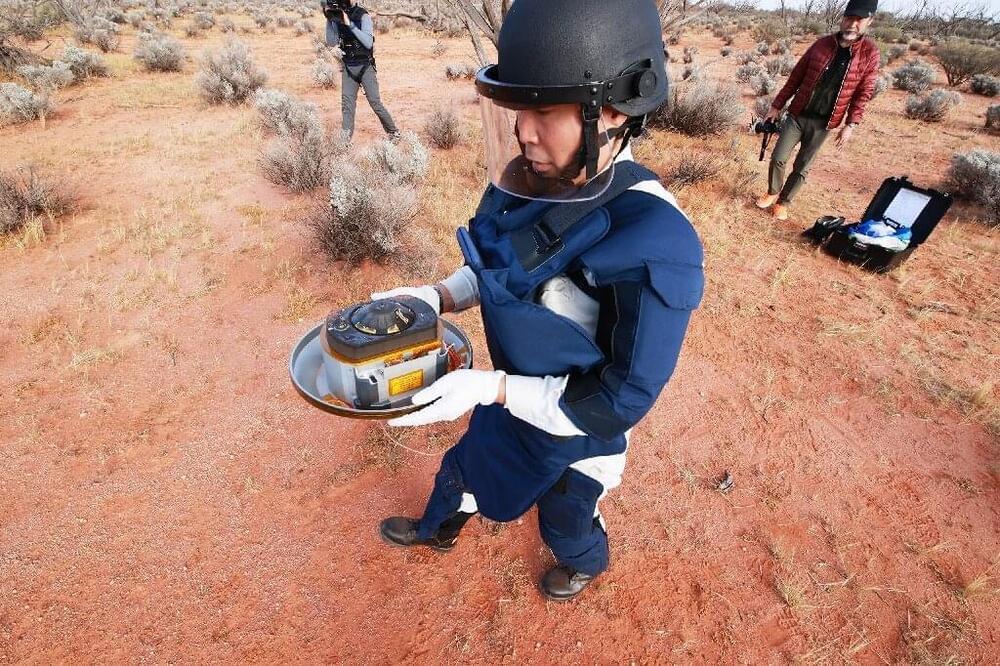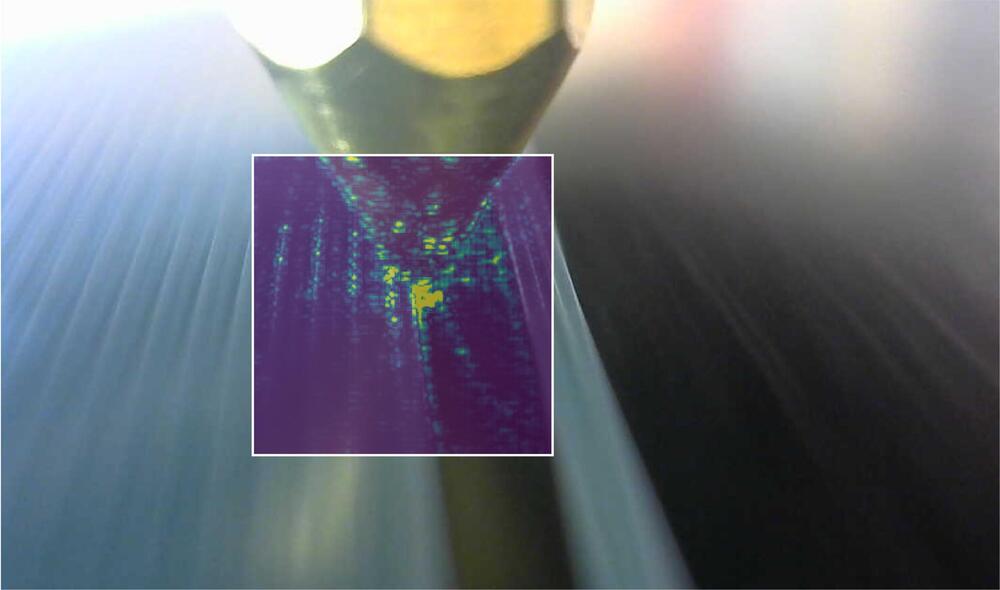
Get the latest international news and world events from around the world.




AI doesn’t work like our brains. That’s the problem
The latest language models are amazing. But for general artificial intelligence, I suspect we’re barking up the wrong tree.
It’s odd to try to create artificial intelligence without taking inspiration from the only existing natural intelligences we have: humans and animals. Yet that is the current direction of AI research.

Back to the drawing board: Reinventing offshore wind turbines
Brandon Ennis, Sandia National Laboratories’ offshore wind technical lead, had a radically new idea for offshore wind turbines: instead of a tall, unwieldy tower with blades at the top, he imagined a towerless turbine with blades pulled taut like a bow.
This design would allow the massive generator that creates electricity from spinning blades to be placed closer to the water, instead of on the top of a tower 500 feet above. This makes the turbine less top-heavy and reduces the size and cost of the floating platform needed to keep it afloat. Sandia filed a patent application for the design in 2020.
However, before he could set his idea in motion, the team needed to build software capable of modeling the response of the turbine and floating platform to different wind and sea conditions to determine the optimal design of the whole system.

Humans tamed the microbes behind cheese, soy, and more
Somerville and John Gibbons, a genomicist at the University of Massachusetts, Amherst, independently focused on food fermentation, which helped early farmers and herders transform fresh produce and milk into products that can last months or years. Gibbons took a close look at the genome of Aspergillus oryzae, the fungus that jump-starts production of sake from rice and soy sauce and miso from soybeans.
When farmers cultivate A. oryzae, the fungus—a eukaryote, with its DNA enclosed in a nucleus—reproduces on its own. But when humans take a little finished sake and transfer it to a rice mash to begin fermentation anew, they also transfer cells of the fungal strains that evolved and survived best during the first round of fermentation.
Gibbons compared the genomes of scores of A. oryzae strains with those of their wild ancestor, A. flavus. Over time, he found, selection by humans had boosted A. oryzae’s ability to break down starches and to tolerate the alcohol produced by fermentation. “The restructuring of metabolism appears to be a hallmark of domestication in fungi,” he reported last week at Microbe 2022, the annual meeting of the American Society for Microbiology. For example, domesticated Aspergillus strains may have up to five times more copies of a gene for metabolizing starches as their ancestor—“a brilliant way for evolution to turn up this enzyme,” Wolfe says.

17 Chinese govt departments issue guideline to boost population growth amid falling birth rate
China, which face population collapse due to low fertility rate, is starting to take steps to encourage more births.
China’s fertility rate is 1.1 children per woman. Replacement level to maintain a stable population size is 2.1 children per woman.
A total of 17 Chinese government departments on Tuesday jointly released a guideline on support policies in finance, tax, housing, employment, education and other fields to create a fertility-friendly society and encourage families to have more children, as the country faces growing pressure from falling birth rates.
Analysts said that it is rare to see so many ministries and departments jointly release such a detailed and comprehensive guideline on encouraging fertility and supporting childbearing, underscoring the seriousness of the growth rate of China’s population, which has slowed significantly, with a contraction expected before 2025.
Tuesday’s guideline was released to implement policies to support each couple to have a third child, push the government, institutions and individuals to fulfill their responsibilities in creating a friendly environment for marriage and fertility, and promote population growth, according to the guideline.



Algorithm learns to correct 3D printing errors for different parts, materials and systems
Engineers have created intelligent 3D printers that can quickly detect and correct errors, even in previously unseen designs, or unfamiliar materials like ketchup and mayonnaise, by learning from the experiences of other machines.
The engineers, from the University of Cambridge, developed a machine learning algorithm that can detect and correct a wide variety of different errors in real time, and can be easily added to new or existing machines to enhance their capabilities. 3D printers using the algorithm could also learn how to print new materials by themselves. Details of their low-cost approach are reported in the journal Nature Communications.
3D printing has the potential to revolutionize the production of complex and customized parts, such as aircraft components, personalized medical implants, or even intricate sweets, and could also transform manufacturing supply chains. However, it is also vulnerable to production errors, from small-scale inaccuracies and mechanical weaknesses through to total build failures.